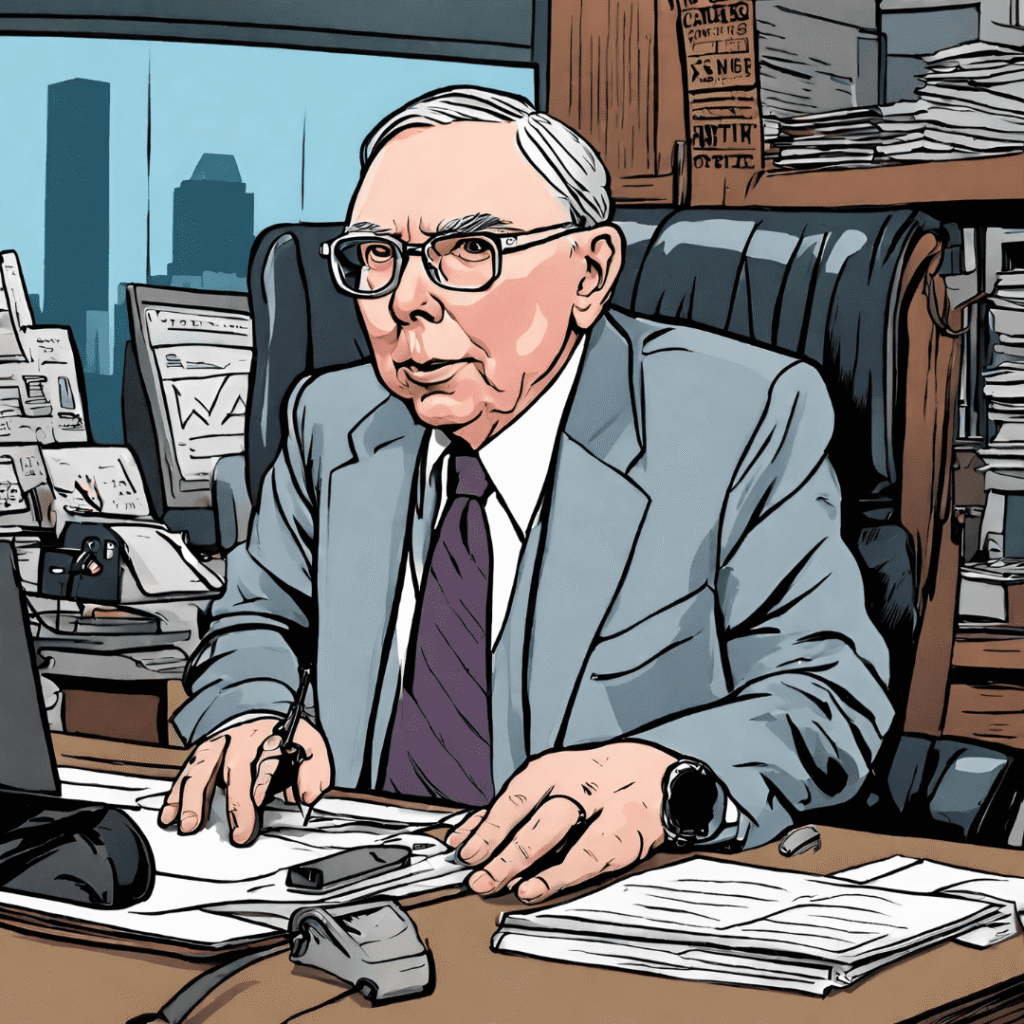As we move through life and meet people every day, it becomes clearer that there are patterns of behaviour that can be “toxic” or undesirable.
There are plenty of these behaviours that come to mind instantly such as:
- Manipulation: When someone consistently twists situations to serve their interests, often at the expense of others.
- Passive-aggressiveness: Indirect hostility that often creates confusion and emotional strain.
- Constant negativity: A pessimistic outlook that can drain the energy and morale of those around them.
- Narcissism: Usually involves having an inflated opinion of oneself. Note: this is a wide and nuanced concept.
An Inability to Take Responsibility
The one that I’d like to focus on in particular is the lack of accountability – or the inability to take responsibility.
Accountability is the concept of taking responsibility for your decisions and actions. The interesting thing about accountability is that it is something in our society that is unfortunately being eroded systemically.
If you think about even being involved in a vehicle collision, people will try to avoid accountability because of the monetary impact. Similarly, in a hospital, medical professionals will want to avoid doing certain work because they fear having legal action taken against them. Even in a non-medical setting, when someone has first aid training, it is a real fear that they are litigated against should he or she take improper action.
Unfortunately, if society punishes those who willingly take responsibility and its consequences, there is a powerful incentive to either not do anything in the first place, not take ownership of our decisions and actions, and even blame others.
We see this everywhere in the corporate world and politics. Politicians are known for not taking responsibility for their decisions and actions, and it makes everything seem corrupt and unfair.
If you’re reading this and you believe politicians do not take responsibility for their actions, and are crooks and liars, then I ask you, what is the alternative?
Taking responsibility for decisions and actions that go awry can land a politician in hot water. Similarly, businesses owning up to their mistakes can be costly.
What personality trait in people raises a red flag with you?
Moving Towards a More Responsible Society
Humans are inherently imperfect in their rationality, often driven by emotions, biases, and external influences. However, there must be incentives to encourage responsibility at both individual and collective levels.
For example, in the workplace, employees in high-paying positions are usually compensated for their willingness to take on greater responsibility and make critical decisions. This reflects a broader understanding that responsibility often carries weight and requires commitment, diligence, and accountability.
While many people claim to value honesty, integrity, and truth, society often fails to mirror these ideals in practice. The disconnect between professed values and actual behaviour can be seen across various spheres of life—whether in politics, business, or personal interactions. This gap between words and actions erodes trust and weakens the foundation of responsibility in society.
For society to become more responsible, it is not enough for individuals or institutions to merely claim to support ethical values; their actions must consistently reflect these principles. This requires both internal and external accountability. Internally, people and organisations must cultivate a sense of moral responsibility, recognising the broader impact of their decisions. Externally, there must be systems—laws, regulations, or community standards—that ensure people are held accountable when they fail to meet ethical standards. They also potentially need to be given more lenient treatment when honest.
Education plays a key role in fostering responsibility from an early age. Teaching children about truth, fairness, and empathy is crucial in building a generation that values these principles. Schools, families, and communities must work together to instil these values, promoting critical thinking and ethical decision-making. However, if children are raised in environments where dishonesty and cutting corners are normalised, they may carry these habits into adulthood, perpetuating irresponsible behaviour.
In today’s digital age, the issue of responsibility is even more pressing. With the rise of social media and the vast spread of information, individuals are often exposed to misinformation or disinformation, further complicating the challenge of being informed and responsible. A more responsible society must equip its members with the tools to navigate this information landscape thoughtfully and critically, holding both individuals and platforms accountable for the content they share. In the age of AI, I see responsibility as something that will be outsourced further and further, which could have devastating impacts on our relationships.
Ultimately, moving towards a more responsible society requires consistent action, education, and accountability at all levels.


